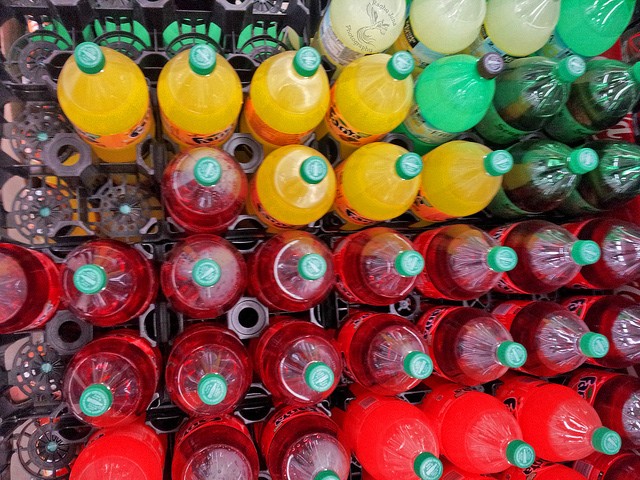Given all the ads promoting Gatorade and other sports drinks, it’s easy to believe sports drinks deliver special benefits. Based on the research, it appears you can save money, calories and your teeth if you stay away from sports drinks. Sports drinks can lead to obesity and dental erosion.
In a 2012 BMJ report, Carl Heneghen and colleagues at the Center for Evidence-Based Research at Oxford, find that 40 years of sports drinks research delivers no compelling evidence of its value. For one thing, the sample size for most of the research is too small.
Over a long period of time, serious athletes–people who exercise for 90 minutes or more–can improve exercise performance through carbohydrates. However, there is no compelling evidence that drinking carbohydrates is any better than eating carbohydrates.
“The truth about sports drinks,” another 2012 Feature in the BMJ, reveals the unholy alliance between the sports drink industry and the scientists that companies hire to promote their products. Despite huge amounts of money the industry has invested in research, conflicts among the scientists performing the research minimize its value; bottom line, the evidence is weak that people who exercise benefit from sports drinks.
Interestingly, marathon runners in the 1970’s were told that drinking water and other beverages would actually slow them down. Hydration was not deemed valuable. It was only when corporations saw a marketing opportunity with runners that these corporations began hiring academics to focus on the value of hydration. These academics, with a financial interest in the outcome of the research, then taught organizations devoted to sports medicine that hydration was important.
Gatorade was first out of the gate. Today, its sales are at more than $1.6 billion in the U.S. alone. And, no surprise, it is a sponsor of many sports organizations, including the U.S. National Athletic Trainers’ Association, the American College of Sports Medicine, and the Australian Institute of Sports. In short, industry has led athletes to believe that hydration is as important to their performance as training.
Yet, according to the most reliable data, for better performance, you should drink when you’re thirsty. Common sense.
More from Just Care:
- If you haven’t yet watched John Oliver explain when you should believe “the science,” now might be a good time. He explains the bias and weak evidence behind many studies.
- John Oliver also does an excellent job explaining the risks of too much sugar.
- For older adults, water can be really important, especially in hot weather.

Leave a Reply